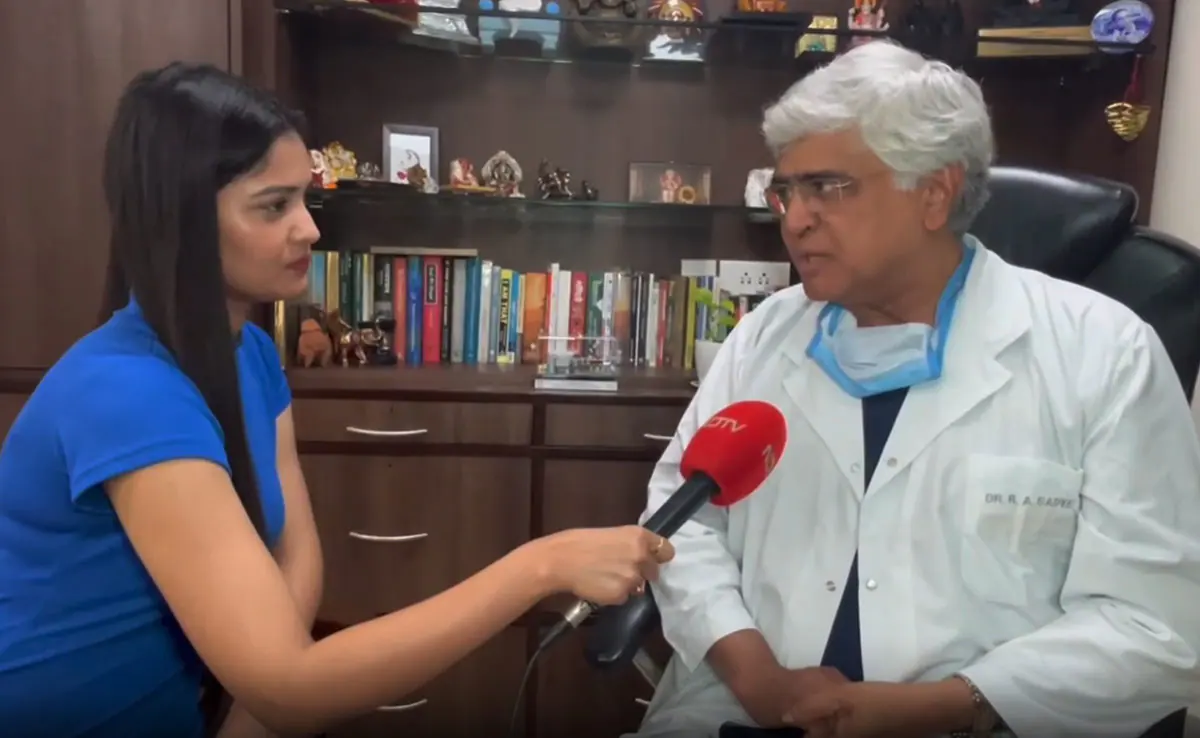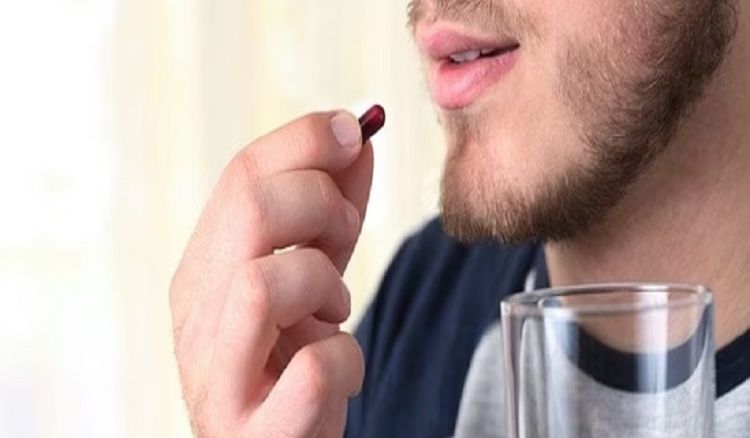In a significant stride towards combating cancer, Mumbai's Tata Memorial Centre (TMC) has unveiled a groundbreaking medication aimed at bolstering the fight against cancer. Priced at just 100 rupees, this new tablet is poised to revolutionise cancer treatment accessibility.
According to sources within the institution, this newly developed drug marks the second time TMC has made strides in cancer prevention. Notably, it's projected to reduce adverse reactions by up to 50%, akin to radiation and chemotherapy, offering a ray of hope for patients undergoing rigorous treatment regimens.
Read Also : What Does the Male Sex Hormone Do to You?
Over a decade of dedicated research and collaboration among TMC researchers and medical professionals has culminated in the creation of this medication. Leading the charge is Dr. Rajendra Badve, senior cancer surgeon at Tata Memorial Hospital, who has extensively shared insights into this breakthrough through various media outlets.

Dr. Badve revealed that the research uncovered human cancer cells residing within rats, leading to tumour formation. Subsequent treatments involving radiation therapy, chemotherapy, and surgery demonstrated that upon cancer cell death, they fragmented into chromatin particles. These particles could potentially spread via the bloodstream, posing a risk of metastasis.
Further investigations unveiled potential strategies to halt cancer recurrence, with researchers administering resveratrol and copper-containing pro-oxidant tablets to the rats. Remarkably, these tablets exhibited the capability to disintegrate chromatin particles, offering a promising avenue for preventing cancer resurgence.
Additionally, it's been highlighted that cancer treatment costs, which often soar into millions, could witness a significant reduction with this new medication. While traditional therapies burden patients with exorbitant expenses, this tablet's affordability at just 100 rupees per dose promises to alleviate financial strains associated with cancer treatment.
The unveiling of this breakthrough medication not only signifies a leap forward in cancer research but also holds the potential to transform the landscape of cancer treatment, making it more accessible and affordable for patients across the nation. As trials progress and regulatory approvals are sought, the medical community eagerly anticipates the widespread adoption of this revolutionary drug in the fight against cancer.
 বাংলায় পড়ুন
বাংলায় পড়ুন














